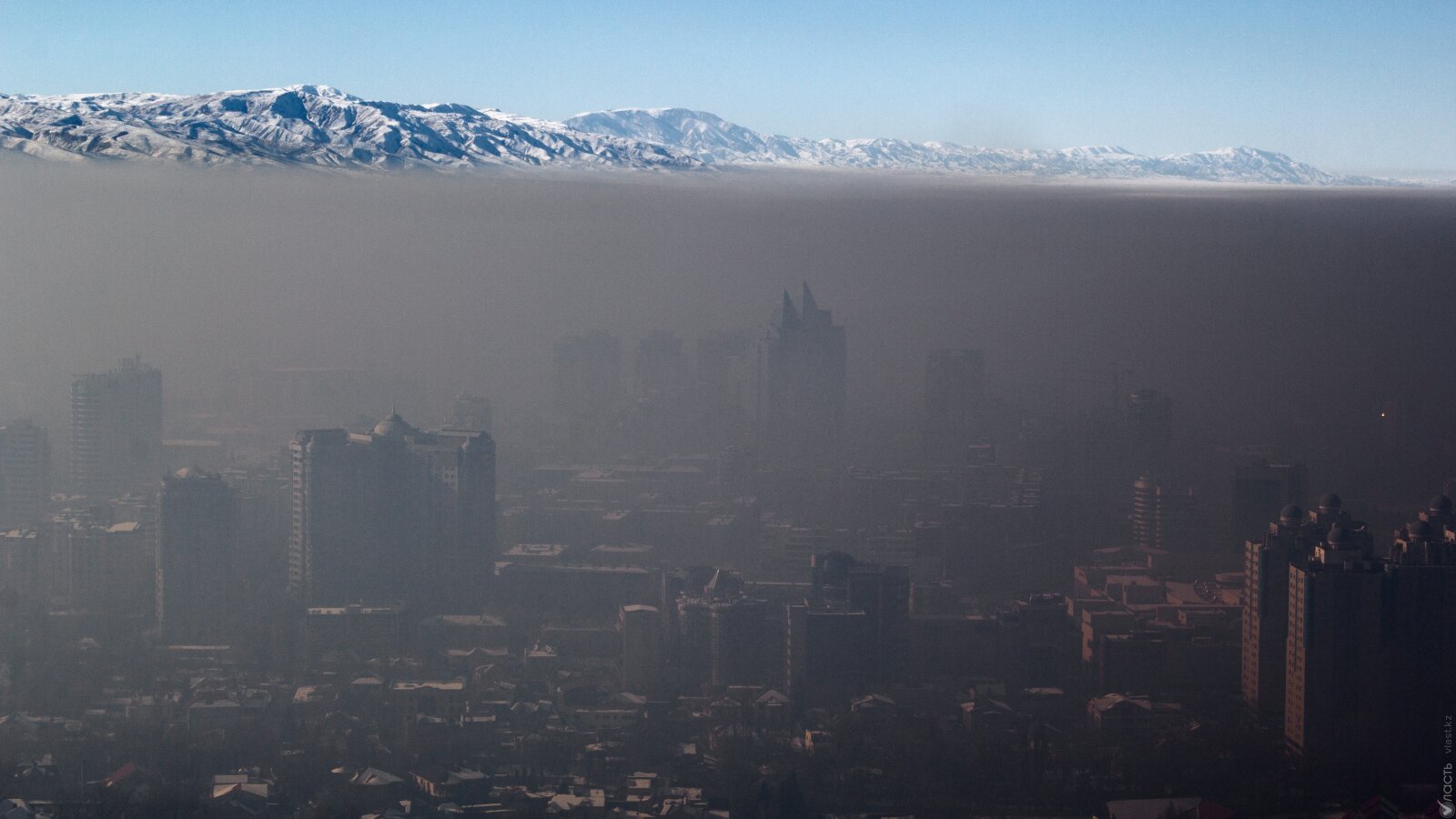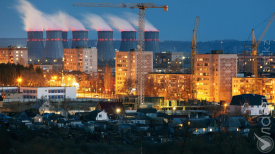Despite the tenge currency reaching new lows in its exchange value against the US dollar, the ministry of economy said on December 2 that it will keep 470/$1 as the guidance rate for budget planning until the first quarter of next year. For the past two weeks, the tenge weakened up to 530/$1, a negative trend that is unlikely to change, according to experts.
On December 5, the Central Bank ruled out the possibility of a return to a fixed exchange rate with the US dollar. The tenge has experienced both “free-float” and “peg” regimes in its 31-year history. In August 2015, the Central Bank decided to do away with the currency peg to the US dollar, which resulted in a sudden depreciation of the currency.
A reduction in oil production this year will result in missed National Fund income for about 1.5 trillion tenge ($2.9 billion), Nurlan Baibazarov, the minister of economy, said on December 5. Three days earlier, the Central Bank said the National Fund would sell $900 million in December alone to finance the budget. On December 4, the Parliament ruled that projects financed by the National Fund should undergo expert vetting.
Kazakhstan’s President Kassym-Jomart Tokayev visited Riyadh on December 3 to attend the One Water Summit, a conference on water security that Kazakhstan, France, and the World Bank co-organized together with Saudi Arabia. In his speech, Tokayev called for “investments in climate-resilient water infrastructure.”
In the aftermath of a house fire that killed two children, Dinara Zakiyeva, the Commissioner for Children's Rights, said on December 2 that the legislator should prohibit leaving children under 12 unattended. At least 15 house fires have resulted in the deaths of children in Kazakhstan this year alone, a stark reminder that worsening socioeconomic conditions, not carelessness (as officials argue) are the underlying cause of this ongoing tragedy.
A man set himself on fire on December 5 as he walked into a government building in the western Mangistau region. The man was later taken to a hospital in precarious conditions. According to official information, the man used to work in the oil sector through a manpower agency. Upon being denied a meeting with the regional governor, he poured gasoline on himself and flicked a lighter.
Oil workers in Zhanaozen, an oil town in Mangistau, concluded a strike on December 5, the press service of Kazmunaigas, the state-owned oil and gas company that owns Ozenmunaigas said. The workers, employed by UBR, a company that services Ozenmunaigas, had been on strike for more than three weeks and demanded better conditions. UBR was established in the aftermath of the bloody repression of an eight-month strike in 2011.
A leak temporarily caused a rerouting of oil supplies via the Druzhba pipeline on December 1. Druzhba crosses Russia and Poland, where the incident happened, before reaching German refineries. The pipeline’s 65 million tons capacity has been utilized at a minimum since the start of Russia’s war in Ukraine. Kazakhstan has shipped marginal quantities of oil via Druzhba to the Schwedt refinery for the past two years.
Halyk Bank, Kazakhstan’s largest lender, issued a 20 billion tenge ($38.4 million) “green bond” on December 3. This is the first time a commercial bank in Kazakhstan issues bonds aimed to finance projects towards energy efficiency, environmental safety, and climate change mitigation.
A Demoscope survey published on December 5 found that 21% of Kazakhstan’s residents wish to move abroad. Respondents cited a desire for better jobs and higher wages in other countries as well as the perceived lack of prospects for themselves and their children in Kazakhstan.
The city of Almaty was ranked among the top-10 cities with the most polluted air on December 5, according to IQAir, a Swiss air quality company. Air pollution has been a long-standing issue in Kazakhstan’s largest city, leading many to consider moving for health reasons.
Поддержите журналистику, которой доверяют.








